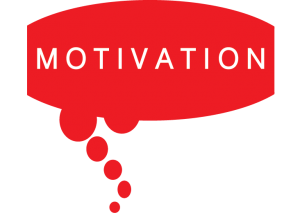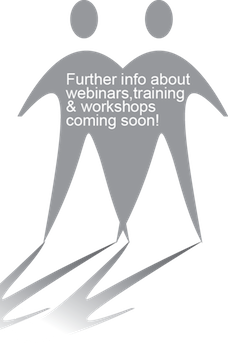Counselor / Practitioner Tool Box
PNA Change Consultants has developed a number of different self-help tools and practice guides that can be used by counselors following their participation in the motivational workshops and training to guide their practice and development of skills. In developing new skills do deal with “enhancing client motivation”, training alone will is not always enough.
Learning new skills and developing new strategies for how to work with difficult clients – those that they have had difficulty serving, is not easy. Developing a sense of competence in anything we do requires continual practice, support and feedback. When staff is not able to practice and receive feedback on their efforts, be it from others or from self –help practice methods, the likelihood of continuing to use new skills or maintain new practices is minimal. In the absence of further training and support staff will abandon new methods and revert back to relying on what they know and what they are comfortable with.
While continual training is effective, it is cost and time prohibited. It is difficult to continue to pull staff away from regular day to day work commitments to attend formal training opportunities. To deal with this PNA Change Consultants has developed a number of self-help and small group based training aids or packages that can be used as required and where needed.
The following is a list and description of some of the resources available. All of these resources are developed and modified to fit the particular needs of an organization.
Counselor Quick Reference Guide
This is a desk top reference guide that can be provided to all counselors. It is recommended that counselors get the guide after they have attended the Advanced 2-Day Counselor Practice Training. It is a straight forward easy reference guide to all of the tools and strategies covered in their training and necessary when working with clients. The information is provided in the format of an easy “desk top” reference. This guide answers the questions of “what to do if…” and “how to do it”. The information is provided in separate easy to find colour coded sections … getting started, first steps, how to, skills, strategies & techniques. This reference guide will be the reference needed and referred to in all other staff training packages.
Assessing Client “Readiness”
PNA has developed assessment tools that counselors can use to identify a client’s stage of change at two distinct points … pre- plan which occurs after eligibility and another that can be used post plan to identify those who although in plan are “pre-contemplative.
It is easy in the early stages of working with client motivation to be incorrect in assessing a client’s level of motivation – where the client is in their stage of change. Often this is due to the fact that we listen for what we want to hear … we listen to what the client says in response to our probes and assume the client to be “ready”. The mis-match between where the counselor thinks the client is [seeing the client as more motivated or further ahead in the stages of change than may be the case] and their actual behavior, is often at the root of what comes to be known as “the difficult client” or the client who is “stuck”.
Learning to assess the client’s SOC and knowing what and how to deal with the client at each stage of change can reduce resistance and help counselors to resolve client ambivalence and engage them in change.
SELF-HELP Staff TRAINING PACKAGES
Stages of Change Self-Help Training package
Practice on identifying clients in each of the stages of change and identifying counselor tasks that are most effective in each stage.
Effective “Motivational” Communication – A & B
One of the key skills of working with client motivation is developing a style of communication and interaction that is directed toward creating “dissonance” … insight into the need for change and, helping client’s to develop self-motivational “change talk”. This process of communication built around 3 key skills areas of listening, reflection and avoiding resistance, is difficult to learn without extensive practice and support. Although the skills seem to be common place and many of us believe that we “listen” and “reflect”, day to day interactions with clients who are struggling with the concept of change can often reduced interactions to attempting to “fix” clients by solving problems. This often leaves counselors with confronting denial, explaining reality, providing information and trying to teach skills. While helpful and at times successful it is not communicating in the spirit of working “motivationally”. Asking counselors to reduce questioning, to listen without interruption or interjecting a question, to reflect content and feeling of what clients say to facilitate resolving ambivalence, evoking change talk and commitment language, and ask permission before offering advice is overwhelming and difficult to do all at once. Without adequate practice and understanding of these skills, asking counselors to communicate “motivationally”, can initiate fear and resistance. Unsure of how to respond or communicate effectively counselors will avoid using a “motivational approach” and justify it by using some of the following objections … “we’re not therapist”, “it will take too much time”, “I already do all this stuff”. Having the opportunity to practice and learn in steps and stages helps to diffuse counselor concerns and reduce frustrations that can prohibit skill development.
This staff training package is divided into two separate staff training packages- each builds of the other:
A] Recognizing Eliciting and Responding to Change Talk
B] All about Reflection: Effective Communication – Overcoming
Resistance/Discord

